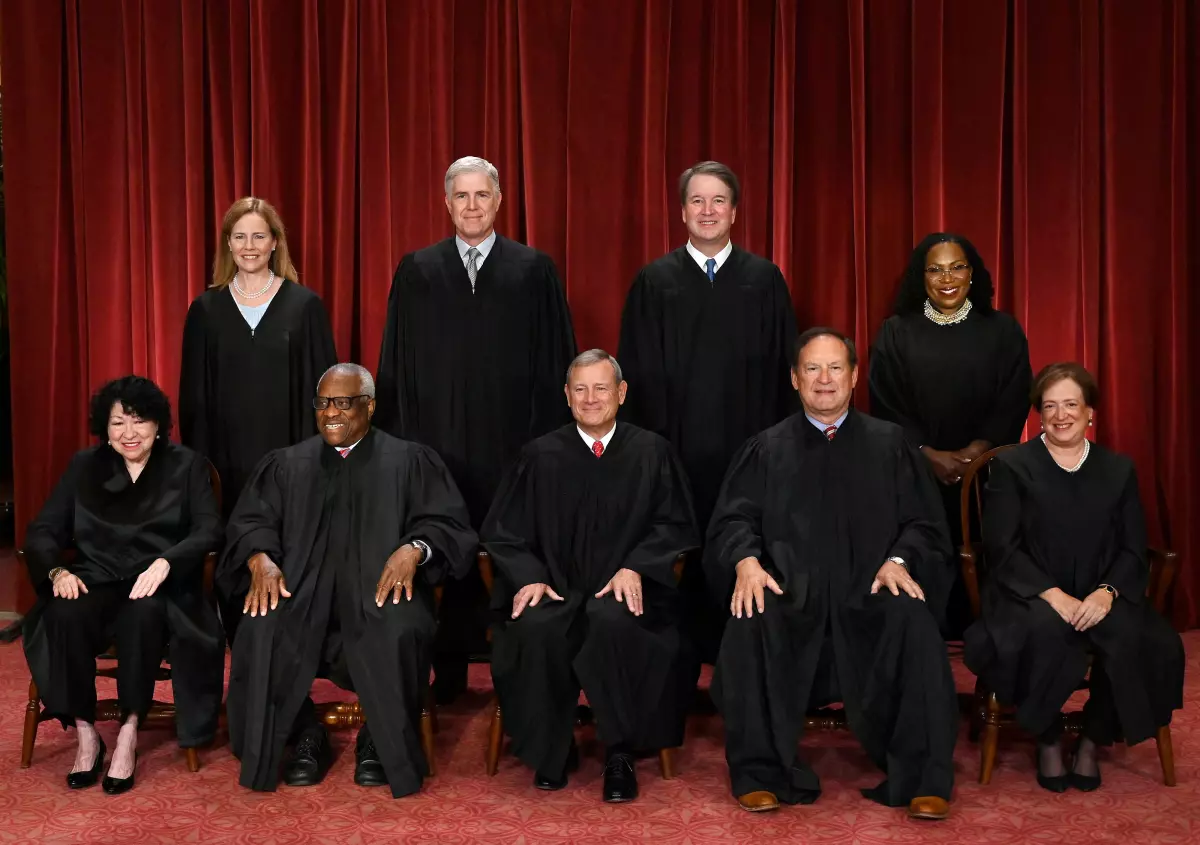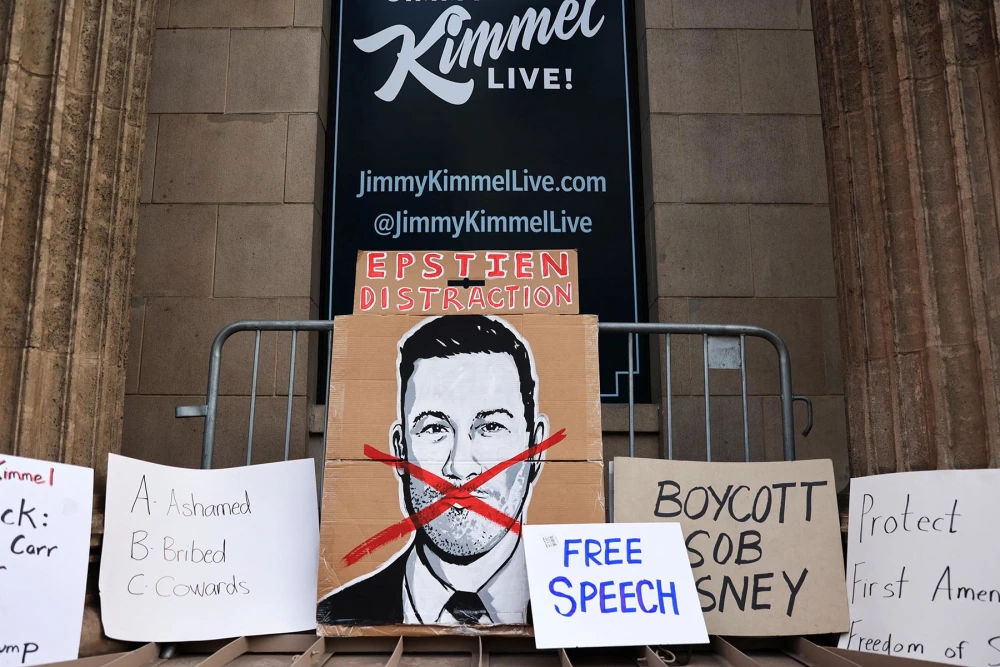On June 27, The Supreme Court ruled in favor of the Trump administration, granting their request by partially pausing the rulings of three federal judges who blocked President Donald Trump’s executive order ending birthright citizenship.
On January 20, President Donald Trump signed Executive Order (EO) 14160. He stated that “The Fourteenth Amendment has never been interpreted to extend citizenship universally to everyone born within the United States.”
The Executive Order would deny the birthright citizenship to children born in the U.S. to undocumented or certain non citizens on temporary visas.
Birthright citizenship is protected under the Fourteenth Amendment in the Constitution. It guarantees that anyone born in the United States is automatically considered a U.S. citizen. The 14th amendment was added as an overrule to the court’s decision in Dred Scott v. Sandford in 1857. The Supreme Court had originally ruled that a black person whose ancestors had been brought as slaves to the U.S. would not be considered a U.S. citizen, nor have the same rights and protections as one.
An injunction prevents someone in law from taking a certain action. Preliminary injunctions are filed before the final resolution of a lawsuit and are temporary. They are only meant to the status quo in a lawsuit.
In a 6-3 vote, the judges released their opinions regarding the ruling. Those who voted in favor believed that district courts were overstepping their power by implementing injunctions to block President Trump’s executive orders.
Justice Clarence Thomas has been a critic of nationwide injunctions. In his statement, he believed that nationwide injunctions violated the Judiciary Act of 1789. The statute granted federal courts as the highest power of law, separating themselves from the power of district courts.
“Lower courts should carefully heed this Court’s guidance and cabin their grants of injunctive relief in light of historical equitable limits. If they cannot do so, this Court will continue to be “dutybound” to intervene,” said Justice Thomas.
Justice Sonia Sotomayor dissented the decision, believing that the Supreme Court was not doing their duty to put the Executive branch in check. She criticized President Trump’s Executive Order, deeming it “unconstitutional” and stated that “newborns subject to the Citizenship Order will face the gravest harms imaginable.”
“It asks this Court to hold that, no matter how illegal a law or policy, courts can never simply tell the Executive to stop enforcing it against anyone. Instead, the Government says, it should be able to apply the Citizenship Order (whose legality it does not defend) to everyone except the plaintiffs who filed this lawsuit,” said Justice Sotomayor.
Although the Supreme Court ruled that federal judges must be limited in issuing universal injunctions, this does not mean that they rule on the legality of President Trump’s Executive Order.
After the decision was voted upon, Immigration rights’ advocates filed a nationwide class-action lawsuit against the ending of birthright citizenship. A class action lawsuit is when a group of people with similar claims file against the same defendant. They sue together as a tactic that guarantees more success for the group, as doing it individually would be considered impractical based upon the large number of claimants with similar issues.
“This executive order directly opposes our Constitution, values, and history, and it would create a permanent, multigenerational subclass of people born in the U.S. but who are denied full rights. No politician can ever decide who among those born in our country is worthy of citizenship — and we will keep fighting to ensure that every child born in the UNited States has their right to citizenship protected,” said Devon Chaffee, executive director of the ACLU of New Hampshire.
Some current politicians obtained birthright citizenship by being born in the U.S. to non-citizen parents or by ancestry. Sen. Ted Cruz of Texas was originally born in Calgary, Canada. However, having a U.S. born mother granted him citizenship. Nikki Haley, the former Governor of South Carolina and Ambassador to the United Nations, was born in the U.S. to parents from India.
The Supreme Court also ruled that district court judges are prevented from restricting laws to block federal policies. Instead, they can only grant relief to those who brought a specific lawsuit.
States could rule different outcomes for the lawsuit. A baby born to undocumented parents may be deemed a U.S. citizen in California, but not in Texas. It depends on how lower federal courts deal with current and new lawsuits.
When speaking to reporters, President Trump stated that it was a “monumental victory for the Constitution, the separation of powers and the rule of law.”
Although he now has the ability to put the order into place, it will not be able to go into effect for 30 days. This is so federal and district courts have time to consider how they will deal with the decision.









